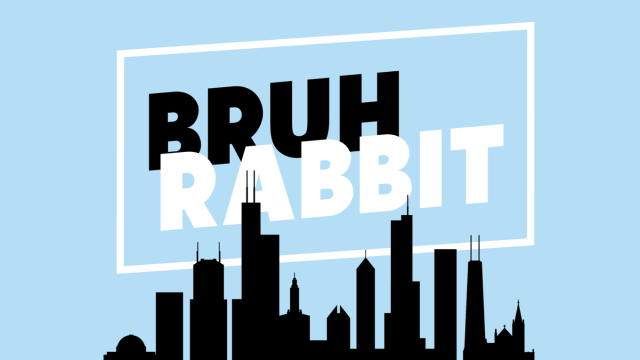Like all mythic trickster beings who live in stories people tell one another, Brer Rabbit is a character whose precise origins are difficult to pin down. But his folklore roots are deeply intertwined with the
As tends to be the case with oral stories, Brer Rabbit fables bled across cultural lines organically because of people’s unavoidable proximity to one another, and in time they would become part of the lives of people like Robert Roosevelt (President Theodore Roosevelt’s uncle), who published a number of stories about the character to little fanfare. But Brer Rabbit as an idea gained a new level of prominence after journalist Joel Chandler Harris began collecting and adapting African folktales for his book Uncle Remus, His Songs and His Sayings: The Folk-Lore of the Old Plantation.
To look back at Harris’ book now, it’s impossible not to see the ways in which is casts plantation life as a positive experience in which benevolent white people enjoy easy friendships with their subservient black slaves, like the titular Uncle Remus who enthralled them with fantastical yarns about wily anthropomorphic animals. As Brer Rabbit tales went on to become mainstays of ever-modernising pop culture, it’s Harris’ depiction of the character (often accompanied by Uncle Remus) that was most often drawn upon for newer incarnations. Because of that, the degrees to which you can still see the elements of black history in those tellings varies.
In his new play Bruh Rabbit And the Fantastic Telling of Remington Ellis, Esq., poet Nate Marshall imagines a world in which a 200-year-old Uncle Remus is still very much alive in 2019, living on the South Side of Chicago, and doing everything in his power to set the record straight about Brer Rabbit after Joel Chandler Harris got everything wrong.
The play opens with Remus, explaining that his name is actually Remington Ellis and that as much as the world might have been charmed by Harris’ stories, they were very much the product of an all-too-familiar kind of cultural appropriation and mass marketing of a distinctly black art form. While Remington can’t be bothered to remember Harris’ first name, he knows exactly why everyone’s gotten the story of Brer Rabbit wrong for so long:
I know we all love a story, but is it just me or does it feel like white folk always got a hunger for a good myth, or rather a myth of goodness? So anyway, this old white boy — I think his name was Joe — he was sweating me for these stories. And he did bring me this delicious rabbit stew..
This fool Jake can’t hear good, or maybe he don’t want to hear good, and so he got it wrong.
So, white boy Joe wanted to know about this homeboy from around the way named Rabbit. Now Rabbit, bruh was cool. A quick wit and more than a little bit badder than the average and Bruh Rabbit, see he rolled with this crew that Joe keep wanting to call animals. Sure is funny who trying to call who an animal.
In each of Bruh Rabbit’s acts, characters from Brer Rabbit’s stories are reimagined — Wolf, as a smooth-talking lover with pickup lines that are too aggressive, and Fox, as a modern-day influencer who’s living beyond their means — as the kind of people who exist within Chicago’s actual South Side. In pulling Brer Rabbit out of his antebellum, Southern roots, Bruh Rabbit gives the character a chance to interact with other elements of black history, like the Great Migration, hip-hop culture, and modern-day political movements, making the play feel like a fresh spin on old stories while also feeling like a natural continuation of a tradition.
For Remington, Rabbit, Wolf, Bear, and the rest aren’t really larger than life beings, they’re just regular people he knew from the block whose lives would naturally cross paths with his from time to time. Every interaction left him with a lasting story about some of the most fascinating people he’d ever known. There’s an earnest kind of love in the way Remington regales the audience with his stories that feels distinct from Uncle Remus because Bruh Rabbit conveys to you that the people he’s talking about were his people — his family. They were people who were close to him and he’s choosing to be honest with you about them, perhaps, in the hopes that you might be able to learn something about life from hearing about their mistakes.
Keeping in spirit with Brer Rabbit and all of the other available to stream free now from the Make Believe Foundation.
